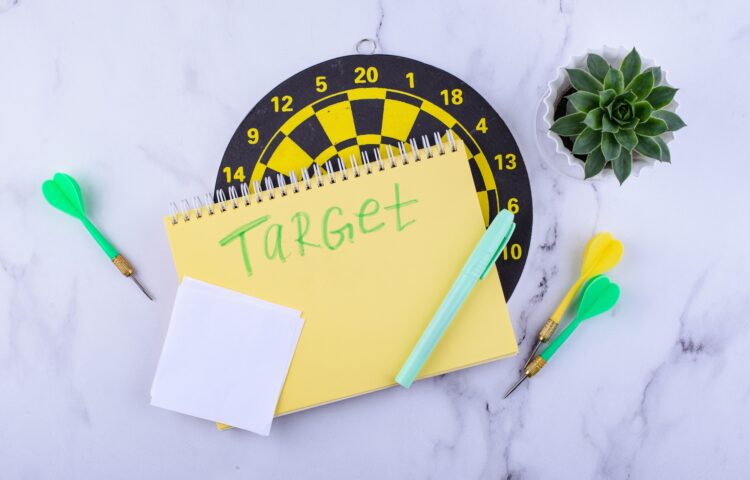Everyday life brings us a mix of challenges—some that stress our bodies, some that test our patience, and some that demand technical solutions. The clever fixer learns to tackle each type with the same mindset: break it down, find the right tools, and focus on long-term results instead of quick fixes. Whether it’s caring for your health, managing projects, or pursuing new skills, a smarter approach can save time and energy while giving better outcomes.
1. Managing Stress Before It Manages You
Stress is sneaky—it builds up in small ways until suddenly it feels unmanageable. The first step in solving stress-related problems is recognizing them before they spiral. From tension headaches to fatigue, our bodies often warn us long before burnout arrives.
Building Simple Stress-Relief Routines
Instead of waiting until exhaustion sets in, develop daily micro-routines. Something as simple as stretching between tasks or taking a five-minute walk after meetings can reset your body and mind. These habits are like preventive maintenance for your well-being.
Another overlooked solution is hands-on therapy. If you’ve ever wondered how to become a massage therapist, you’ll see how massage isn’t just a luxury—it’s a career path that teaches techniques to release tension while helping others manage their stress. Even if you’re not entering the field, learning a few massage basics can become a powerful tool in your own wellness toolkit.
Learning to Redefine Rest
Too many people think rest means doing nothing. In reality, rest is about recovery. That might mean switching from screen time to reading, engaging in prayer or reflection, or cooking a nourishing meal. Smart fixers rethink downtime as a way to refuel—not just a pause button.
2. Precision and Focus: Lessons from Archery
One of the most overlooked ways to improve problem-solving is to study activities that demand focus. Archery is a perfect example—every movement counts, and precision comes only from practice and patience.
Practicing Patience in a Fast World
Modern life pushes us to rush. But solving real challenges often requires slowing down and aligning the basics first. That’s why beginners learning TenPoint Crossbows are encouraged to focus on form and consistency before chasing speed or power. This principle applies beyond archery: focus on the fundamentals before scaling up.
Applying Archery’s Discipline to Daily Life
Archery teaches presence. You can’t multitask while aiming—you must clear your mind and center your attention. Bringing that same discipline to work projects, relationships, or financial decisions makes solutions clearer and execution stronger. Think of it as living with aim, rather than drifting.
3. Handling Big Projects Without Overwhelm
Big projects—whether moving to a new place, repairing infrastructure, or managing family logistics—often feel impossible at the start. But most of the overwhelm comes from seeing the project as one giant task instead of many small ones.
Breaking Down the Impossible
The key to problem-solving is breaking complexity into steps. If you’re tackling something major, don’t try to hold it all in your head. Write down every step, no matter how small, and start with what you can control. Smart fixers know momentum builds motivation.
And when projects go beyond your scope, the clever move is to lean on professional help. For example, if you’re managing large-scale logistics like moving docks or handling infrastructure updates, don’t attempt it alone—click here for solutions that simplify massive projects into manageable processes. Outsourcing isn’t weakness; it’s strategy.
Delegating Without Losing Control
Delegation doesn’t mean abandoning responsibility—it means sharing the load. Whether you’re dividing tasks within a family or hiring specialists, the key is communication. Keep oversight but let others carry weight. This way, you stay in control without drowning in details.
4. Building a Flexible Problem-Solving Toolkit
Every challenge is different, but smart fixers prepare by building a versatile toolkit—one made of habits, resources, and skills.
Balancing Old Wisdom with New Tools
Sometimes the best solutions come from tradition: routines of rest, patience, and discipline. Other times, new technology provides the edge. Knowing when to lean on heritage and when to adopt innovation keeps you adaptable.
Investing in Skills that Compound
Skills like patience, clear communication, and basic technical knowledge compound over time. They not only solve immediate problems but also prepare you for bigger challenges. The more skills you stack, the more flexible you become in finding creative fixes.
Conclusion
Everyday challenges don’t have to overwhelm us. By managing stress before it builds, applying lessons from precision-based practices like archery, breaking down large projects into smaller tasks, and equipping ourselves with versatile skills, we can turn problems into opportunities for growth. The modern fixer doesn’t chase quick wins—they build sustainable solutions that make life smoother and smarter.

